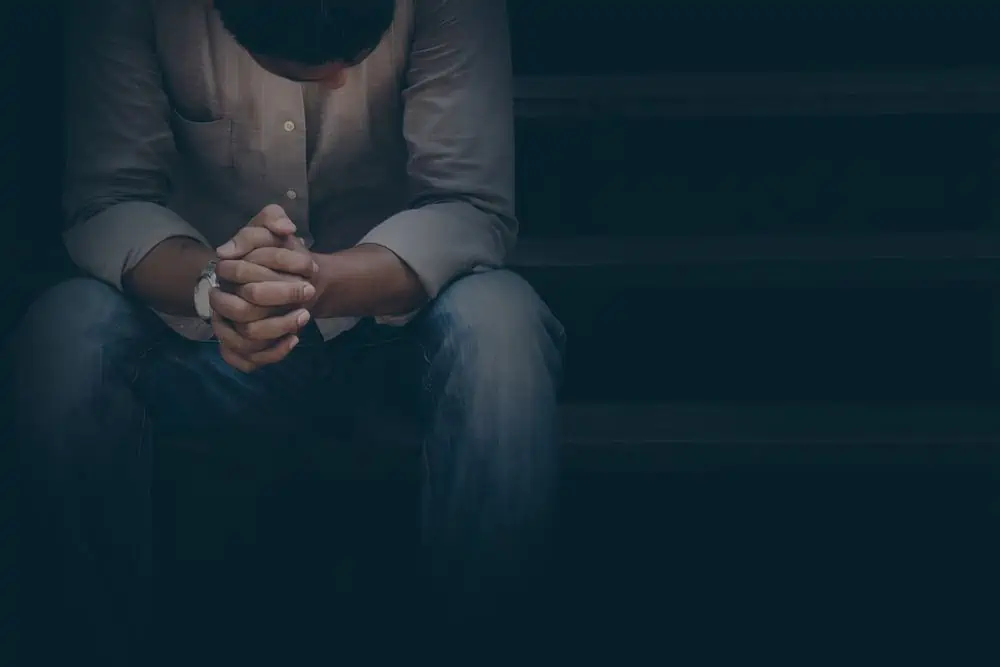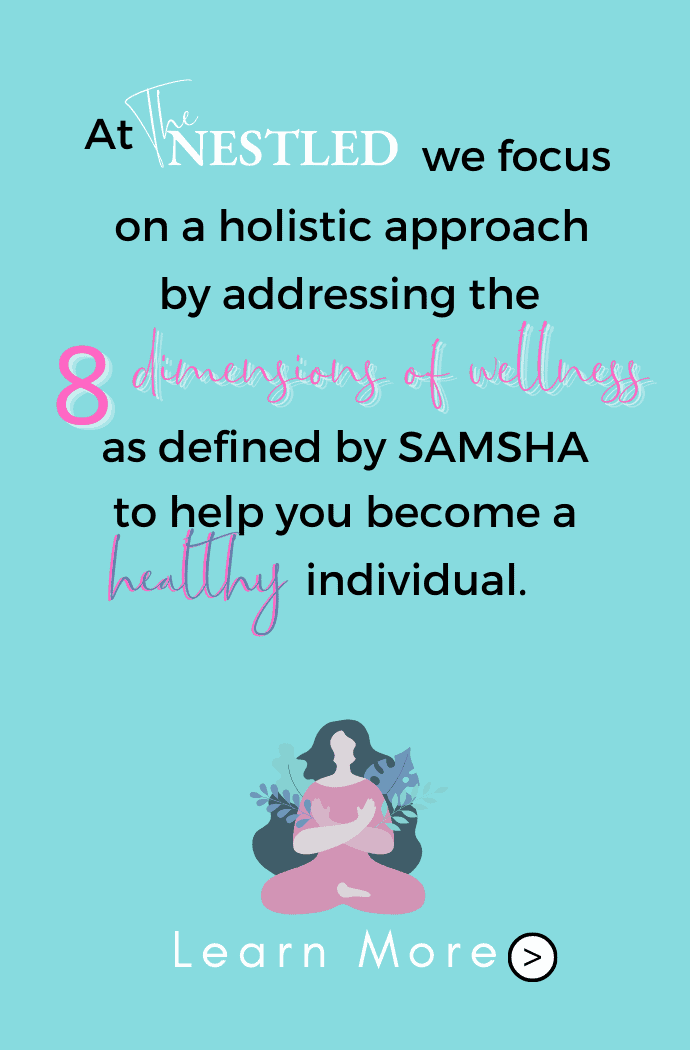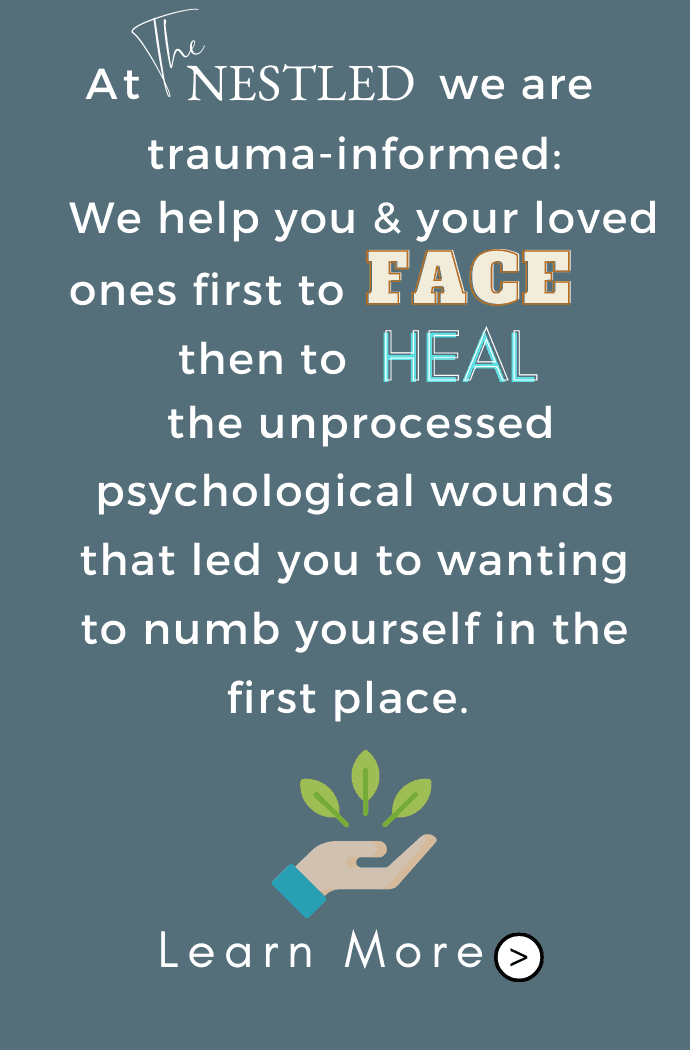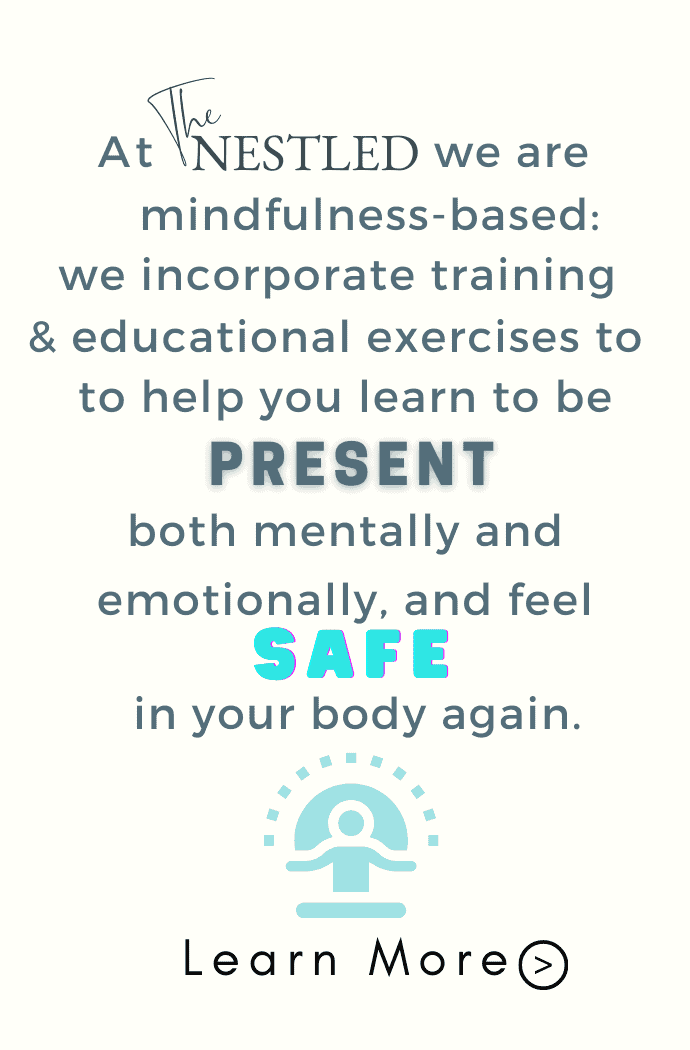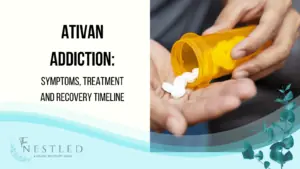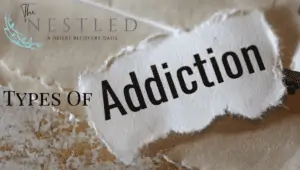Thanks to the sensationalism of movies and TV shows, many people assume individuals who are addicted to drugs purchase them illegally off the street – even opioid painkillers. In the hit HBO show Euphoria, for example, Zendaya’s character reluctantly takes fentanyl from a dangerous drug dealer who won’t take no for an answer.
While there is certainly a market for illegal drugs, the reality is that countless people who are addicted to opioids today developed their addictions after being prescribed legal painkillers by their doctors. In 2012 alone, 259 million opioid painkiller prescriptions were written by doctors in the United States, according to the Centers for Disease Control and Prevention (CDC).
Opioids are some of the most commonly prescribed medications because they’re used to treat moderate to severe pain by relaxing the body and boosting pleasurable feelings. They’re typically prescribed to treat pain associated with injuries, major surgeries, and different types of cancers or chronic pain. However, they’re also extremely addictive, which explains why people who initially use them to treat pain can become attached to them and abuse them long after their pain has subsided, and overdose is fairly common. 20,101 of the overdose deaths reported in 2015 were attributed to prescription pain relievers.
Why Are Opioids Dangerous?
Opioid addiction and overdose are so rampant in the United States today that many experts and organizations refer to it as an epidemic. What can make opioids so dangerous is that when taken in higher doses to achieve a high after prolonged abuse, they can slow your heart rate and breathing, which often leads to death. They can also cause confusion and moodiness, and up to one in four people who take opioids long-term end up becoming addicted to them.
The opioids most commonly associated with overdose deaths include methadone, oxycodone such as OxyContin, and hydrocodone, also referred to as Vicodin. It’s important to be aware of the dangers of painkillers because since they’re so often prescribed by medical professionals, many people assume they’re not harmful or addiction can’t occur.
How to Know If You’re Addicted
Sometimes it’s hard to know when you’ve developed an addiction, especially to a drug that you’re supposed to be taking according to your doctor’s recommendations. Addiction can control our brains in more than one way and requires a combination of professional services to treat, from detox to behavioral therapies.
Our team has compiled a list of red flags – if any of the following warning signs sound familiar to you, it’s possible you have an opioid addiction and should consider getting help as soon as possible:
- You’re spending more time alone and avoiding loved ones
- You’re losing interest in hobbies and activities you once loved
- You’re taking more of your painkillers than prescribed to achieve the same pleasurable feelings as before
- You’re doctor shopping, or attempting to get prescriptions for opioids from several doctors
- You’re stealing or lying to get opioid painkillers
- Your schedule has become erratic
- You’re eating more or less than usual
- You’re sleeping at odd hours or experiencing insomnia
- You rely on your painkillers to get you through the day or through difficult situations
If you discover you’re addicted to your painkillers, you may feel tempted to immediately quit using the drug and dispose of it. However, withdrawal from opioids can be challenging and even just as dangerous as addiction, especially if you’re trying to quit cold turkey. Opioid withdrawal symptoms can last up to 10 days and include intense cravings, abdominal pain, vomiting, and tremors.
Call Us for Opioid Rehab in Las Vegas
The Nestled Recovery Center knows that painkillers can be just as addictive and dangerous as illegal substances, which is why one of our drug treatment programs specifically treats opioid and opiate drug addiction. Our medical staff offers 24/7 service so we can monitor your withdrawal symptoms when you check into our detox program and help you begin your recovery in a safe and comfortable environment.
Our goal as a facility is to give you the personalized treatment you need, as no two addictions are alike. Thanks to our 10-resident cap, our facility is intimate, private, and gives you the space you need to reflect and think about the future you want. Life without opioids is possible with us.
Call (702) 299-6406 to reach a caring professional at The Nestled Recovery Center who can get you the help you need for your drug addiction, or fill out our online form. We have specific treatments for individuals battling opioid addiction and can help you manage your withdrawal symptoms.

